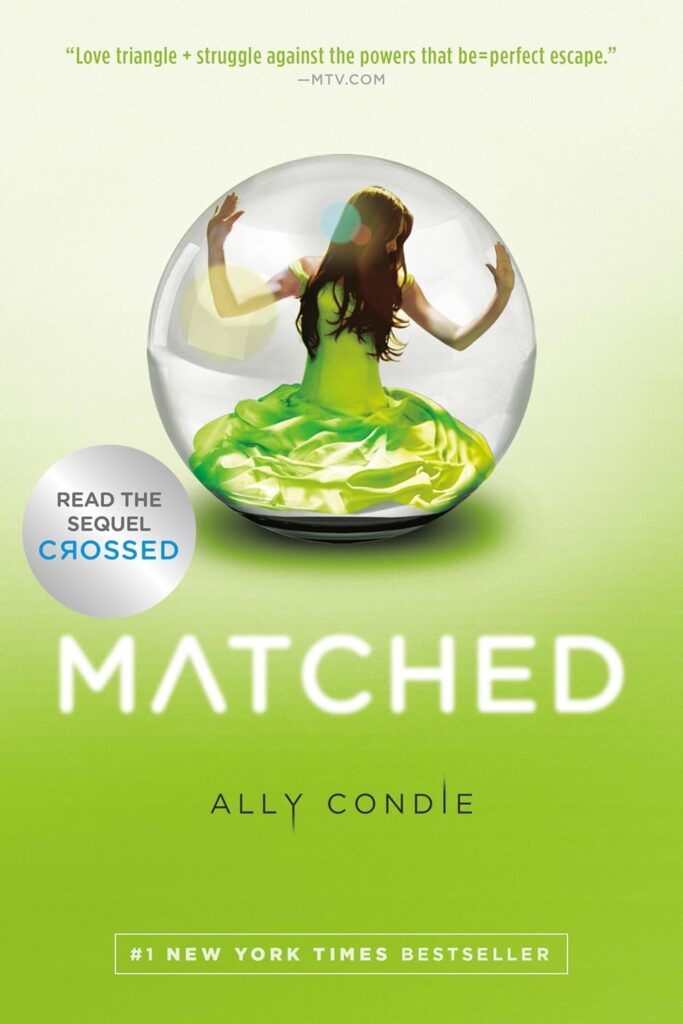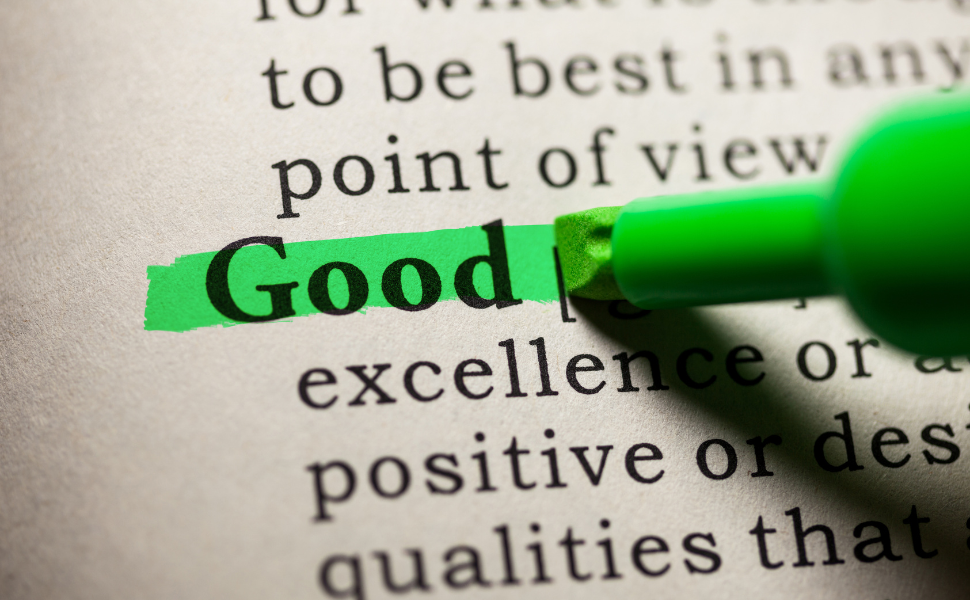Let me tell you about a book that had me both intrigued and conflicted: Matched by Ally Condie. If you’ve ever been on the fence about reading it, or maybe you’re just wondering if it’s really worth your time, I’m here to dive deep and help you figure it out. Is it good? That depends on what you’re looking for in a book. Let’s get into the good, the not-so-good, and everything in between.
1. A Fresh Spin on a Familiar Dystopia
We’ve all seen dystopian novels before, right? Whether it’s The Hunger Games or Divergent, there’s a certain formula: oppressive government, controlled lives, and a young protagonist ready to rebel. And yes, Matched checks many of those boxes. At first glance, it might seem like just another dystopian novel in a sea of many. But as I dug into the story, I found that it had its own unique flavor.
The premise of Matched is pretty cool. The Society controls everything—what you eat, what you wear, who you marry, and even when you die. It’s this total lack of choice that sets the stage for Cassia’s internal struggle. What I found fascinating about Matched is how it starts out feeling like a utopia, where everything is perfectly organized for the greater good. It’s only when cracks begin to show that you realize how insidious the control really is. That slow burn adds an extra layer of tension, and it had me thinking: What would it be like to live in a world where every decision is made for you?
At its core, Matched explores a society where choice is an illusion, and the deeper you go, the more you question everything. So, is the world-building good? I’d say yes. The Society is just unsettling enough to keep you hooked, without being over-the-top sinister. It’s this quiet, creeping control that gives the book its edge.

2. Cassia’s Journey: From Obedient to Rebellious
If you’re going to invest your time in a book, the protagonist needs to be someone you care about. In Matched, that someone is Cassia Reyes. When we first meet her, she’s a model citizen. She trusts the Society’s decisions, she’s excited to be “matched” with her best friend, Xander, and she doesn’t question much. But then—boom!—she’s shown a second match, Ky, and suddenly her world starts to unravel.
I’ll be honest. At first, I wasn’t sure if I was going to connect with Cassia. She felt a little too passive, too comfortable in the world she was given. But as her internal conflict started to build, I found myself rooting for her more and more. She begins to question not only the Society but herself. And that, to me, was the most compelling part of the story.
The love triangle between Cassia, Xander, and Ky is central to the plot, but it’s not just about romance. It’s about choice and control. Who does Cassia want to be with, and why should the Society get to decide for her? Watching Cassia wrestle with these questions brought a real human element to the story. The rebellion in her heart isn’t about fighting with guns or leading armies; it’s a quiet, personal struggle to reclaim her right to choose. And in a world where everything is predetermined, that’s a pretty powerful message.
3. Pacing and Plot: Slow Burn or Too Slow?
Here’s where I had a bit of a mixed reaction to Matched. The pacing is… well, it’s slow. The book is more introspective than action-packed, which might be a hit or miss depending on what you’re expecting. If you’re looking for high-stakes chases, fights, or dramatic twists in every chapter, you might feel like you’re waiting a bit too long for things to really heat up.
But here’s the thing: I actually appreciated the slower pace. It gave me time to really sit with Cassia’s thoughts, to feel the tension in the Society, and to understand why her journey mattered. The book focuses more on the internal rebellion—the quiet questioning and slow unraveling of control—rather than the physical battles we often see in dystopian stories.
That said, there were moments when I found myself wishing the plot would move a little faster. Some parts felt like they were dragging on just a bit too long, and while the introspection was good, I was itching for more action. But that’s a personal preference. If you enjoy slow-burn stories where the conflict is more psychological, then this might be exactly your cup of tea.
4. The Love Triangle: Does It Work?
Love triangles can be tricky, and they’re often polarizing. You either love them, or you roll your eyes every time they show up. In Matched, the love triangle between Cassia, Xander, and Ky is central to the plot, but it’s more than just a question of “Who will she choose?” It’s a question of control versus freedom.
Xander is the safe, Society-approved match. He’s kind, stable, and everything you’d want in a partner—if you had no say in the matter. Then there’s Ky, the wildcard, the boy who wasn’t supposed to be an option. Ky represents the unknown, the possibility of making her own decisions.
I think the love triangle works because it’s not just about the boys themselves. It’s about what they symbolize. Choosing Xander means staying in the comfortable confines of the Society’s rules. Choosing Ky means stepping into the unknown, into danger and defiance. It’s less about the romance and more about Cassia’s own internal struggle—does she follow the path laid out for her, or does she forge her own?
Do I think the love triangle was perfect? No. There were moments when it felt a little predictable. But it served a greater purpose in the story, and for that reason, I didn’t mind it.
5. Is It Worth Reading?
So, let’s get to the real question: Is Matched good? I think the answer depends on what you’re looking for in a book. If you’re a fan of fast-paced action and dramatic twists, you might find Matched a little too slow for your liking. It’s more of a quiet, contemplative dystopia than a heart-pounding thriller. But if you enjoy stories that make you think—about society, choice, and control—then this book will definitely strike a chord.
What makes Matched stand out to me is the way it handles these big ideas. It’s not just about fighting against an evil regime; it’s about questioning the very fabric of your reality. What does it mean to be free? How much control are you willing to give up for security? And, most importantly, what happens when you start to push back against the system?
Cassia’s journey is relatable because we’ve all had moments where we question the path we’re on. The Society’s control might feel extreme, but it’s not so different from the pressures we face in our own lives. Whether it’s societal expectations, family pressures, or the influence of technology, we all struggle to maintain a sense of autonomy in a world that often tries to dictate our choices.
That’s what makes Matched good. It’s not just about the dystopian setting or the love story—it’s about what it makes you think and feel long after you’ve turned the last page.
6. Conclusion
So, what do you think? Is the idea of living in a world where every decision is made for you fascinating or terrifying? Would you trust the Society to know what’s best, or would you fight for your right to choose?
7. Related Articles
You may also find the following articles helpful:
Matched Book Summary: Key Insights and Themes from the Bestseller




